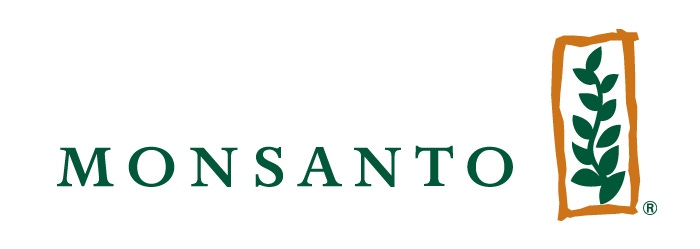Study looked at 89,000 agricultural workers and spouses over 20 years and proved no correlation to causing cancer.

The National Institute of Health finally published the missing "Agricultural Health Study" and its findings on glyphosate in the Journal of the National Cancer Institute (JNCI), and they exonerated any correlation of glyphosate with cancer.
Glyphosate is the most commonly used herbicide worldwide, with both residential and agricultural uses. In 2015, the U.N.'s International Agency for Research on Cancer (IARC) classified glyphosate as “probably carcinogenic to humans,” noting strong mechanistic evidence and positive associations for non-Hodgkin lymphoma in some epidemiologic studies.
The "Agricultural Health Study" has been one of the missing pieces in the worldwide glyphosate debate after it came to light that a National Institute of Health employee with access to the study withheld relevant data from the 2015 IARC Working Group on glyphosate.
In a statement, the American Chemistry Council said, “The powerful study that has been monitoring agricultural workers since 1993 found that there is no association between glyphosate and cancer and, specifically, no association between glyphosate and non-Hodgkin’s lymphoma. The study is highly-regarded throughout the scientific community as the most comprehensive study on glyphosate exposure in humans to date.”
American Chemistry Council president Cal Dooley said, “It is unfathomable that IARC would ignore clearly relevant and critical data when evaluating the carcinogenicity of a substance. It demonstrates a high degree of negligence, misconduct and misuse of American taxpayer dollars. The omission of a JNCI-published study is yet another example of deeply rooted, systemic flaws in the IARC Monograph’s process and adds to the mounting evidence of blatant data manipulation, transparency issues and widespread conflicts of interest. IARC’s classifications have repeatedly misinformed and misguided both the public and policy-makers; they’ve lost all public trust and credibility, and a complete overhaul of the Monographs Program is overdue.”
Scott Partridge, vice president of global strategy for Monsanto, which makes products containing glyphosate, noted: “The largest study on agricultural workers and health conclusively shows there is no link between glyphosate and cancer. This study has looked at 89,000 agricultural workers and spouses over 20 years, and the conclusion is crystal clear: Glyphosate does not cause cancer."
About the Author(s)
You May Also Like




.png?width=300&auto=webp&quality=80&disable=upscale)
